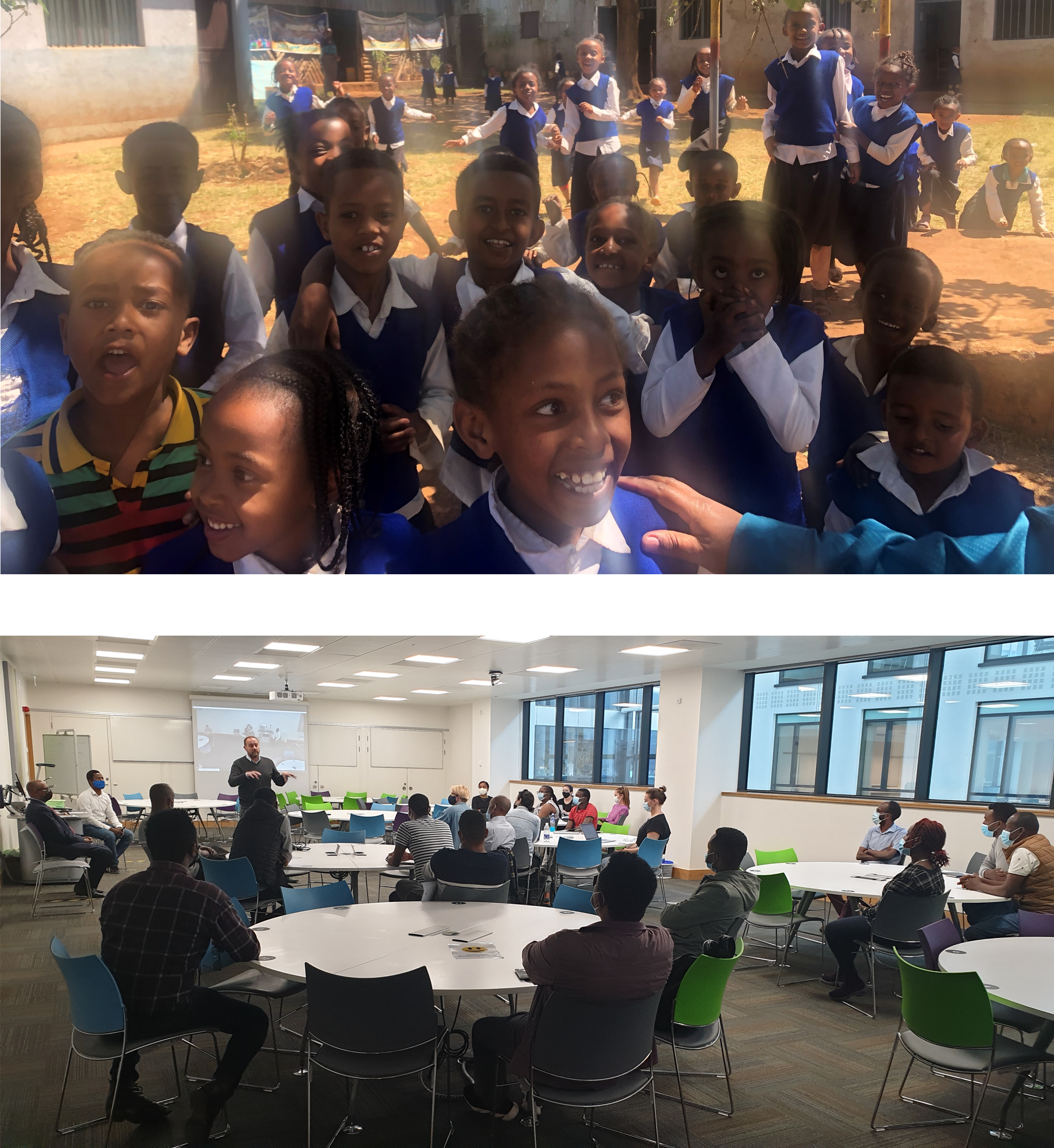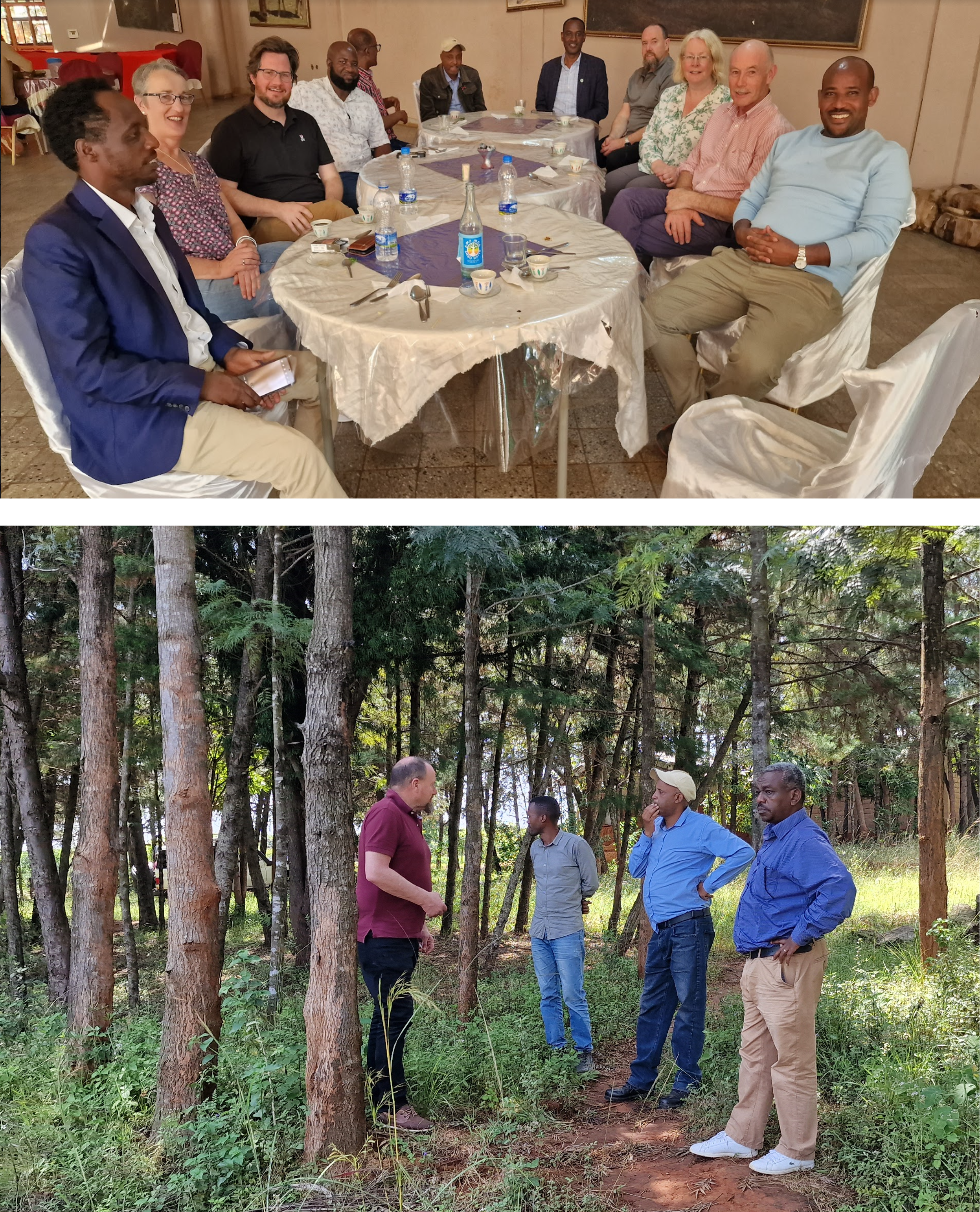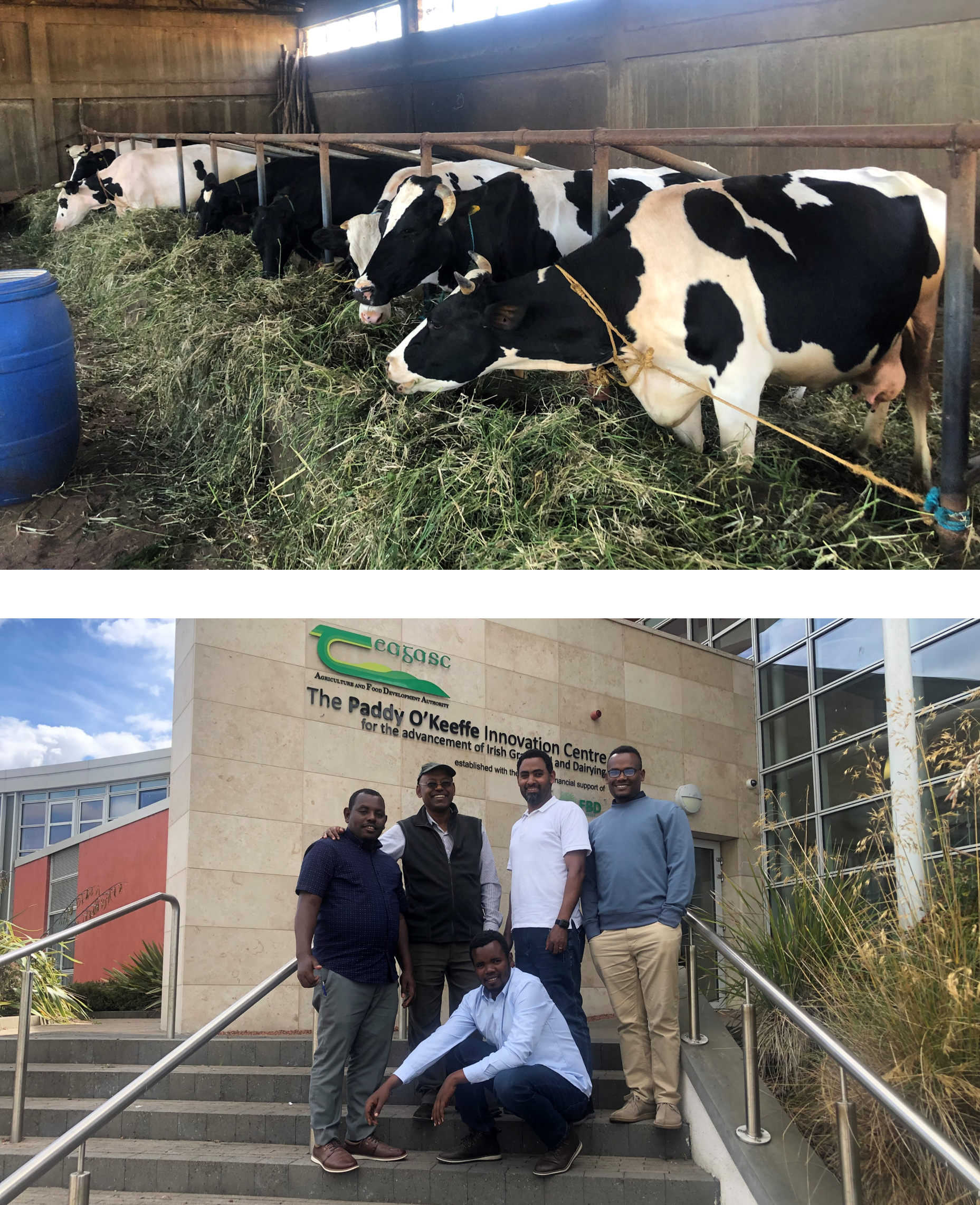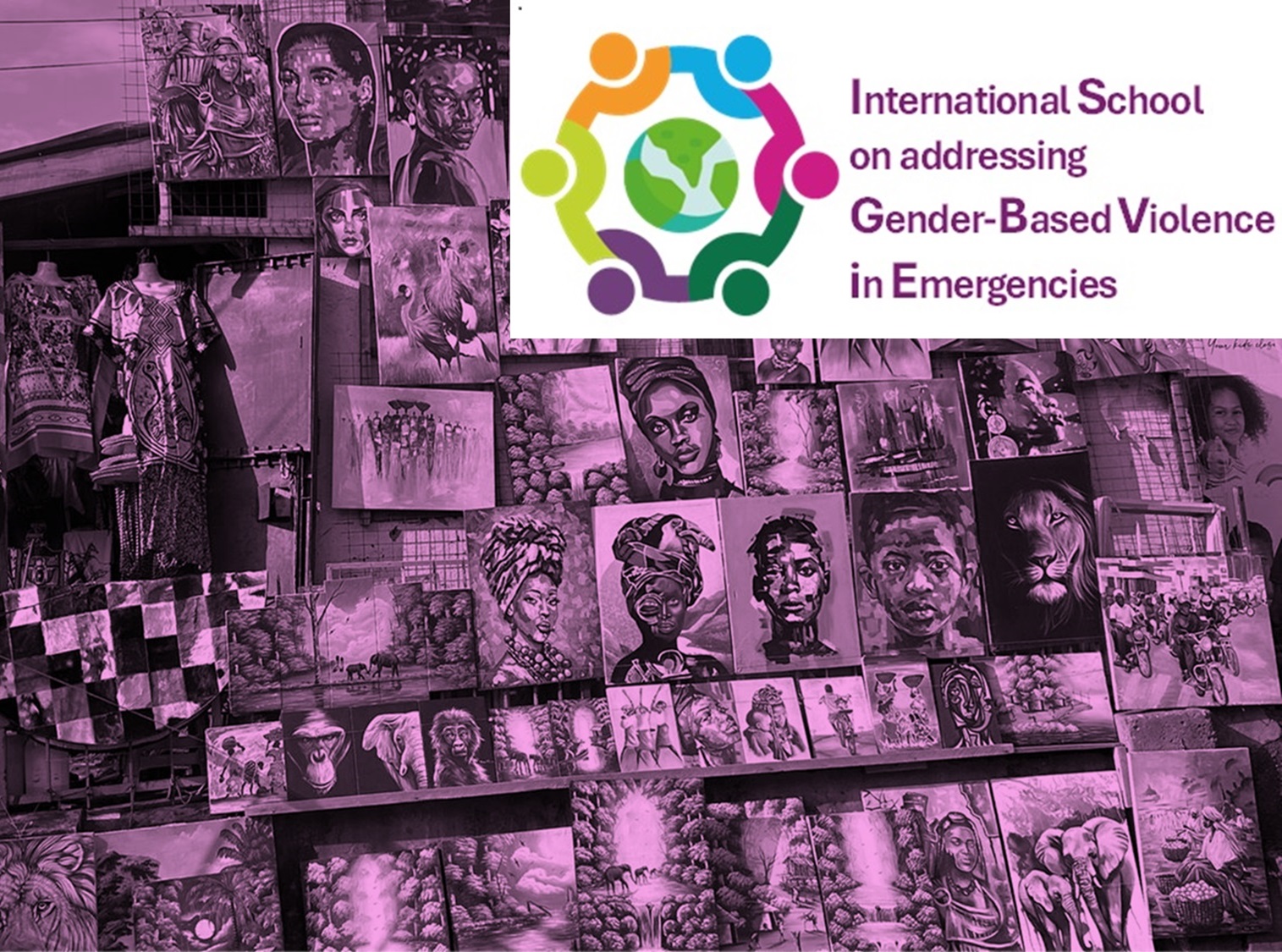
Building Resilience Through Education 2: Connect (BRTE2: Connect)
BRTE2: Connect is an interdisciplinary, intersectoral, and international collaboration that aims to advance existing and emerging theoretical constructs of societal resilience leading to the socio-economic transformation of communities affected by recurrent disasters.
The rationale for the project is to grow the concept of societal resilience, which has increased prominence for vulnerable societies through research, policy, practices of disaster preparedness, prevention, mitigation, and recovery. It is also the central paradigm in the United Nation's current strategic documents of A New Way of Working and the Triple Nexus between humanitarian action, development, and peace.
BRTE2: Connect primary stakeholders are University College Dublin (Ireland), Wolaita Sodo University (Ethiopia), South East Technological University (Ireland), Concern Worldwide (Ireland), Wolaita Development Association (Ethiopia), University of Bergamo (Italy), and KPMG Future Analytics (Ireland).
It is hoped that the project will begin in November 2024 and extend for four years until 2028.


Localising Humanitarian Preparedness in Wolaita, Ethiopia
This project aims to lessen the impact of disaster-related shocks and stresses on the population of Wolaita through earlier and more efficient responses that will save lives, reduce suffering, and pre-empt or decrease the extent of needs.
The rationale for this research relates to the need for more transformative approaches to accelerate the humanitarian localisation agenda. It has emerged from a call for changes to funding practices, on-the-ground pilots, and tough internal conversations about changing aid’s business model.
This is a humanitarian research project. The primary stakeholders are UCD’s Centre for Humanitarian Action and Wolaita Sodo University. Concern Worldwide and Wolaita Development Association make up the on-the-ground research team while the Wolaita Zonal Authorities together with woreda and kabele organisations deeply engaged in the research.
The research will expand to every woreda in the Wolaita Zone, which has an estimated population of approximately 3 million people.
It is hoped that the research will begin in September 2024 and extend for three years until 2027.


Wolaita Agricultural Education and Research Center
This project aims to establish the Wolaita Agricultural Education and Research Centre to guide and shape agricultural developments in Wolaita Zone. The WAERC will include three agricultural sites that represent the diverse agroecological zones across the Wolaita Zone – highland, medium and lowland.
The rationale for this project was prompted by the need for disparate stakeholders to share limited resources to establish a model Agricultural Education and Research Centre. It is envisaged that the coming together of the WSU, the local government departments of agricultural extension and research and WODA should go some way to address issues like research quality, fragmentation or joined-up thinking between local agricultural experts, more efficient resource allocation for agricultural education and research, and improved extension or sharing of knowledge to local farmers.
The primary stakeholders for this project are the local authorities, the educational institutions and agricultural extension and research institutions in Wolaita. These partners will be joined by UCD and interested public, private and third-sector Irish partners with an interest in Wolaita and Ethiopia in general.
This project is a follow-on project of the Building Resilience Through Education (BRTE) project aimed at supporting the transformation of Wolaita social economy. It is a long-term project with Phase 1 starting in May 2024 for five years.

Erasmus+ ICM: Addressing Gender-Based Violence
This project aims to increase the capacity of humanitarian practitioners to support action to prevent, mitigate, and respond to gender-based violence (GBV) in humanitarian settings.
The rationale for this research is rooted in the growing awareness and understanding that GBV response and prevention is lifesaving (GBVAoR, 2024) and that all humanitarian actors are responsible and obligated to act to prevent and mitigate GBV (GBV Guidelines, 2024). However, even where there is willingness to support work on addressing GBV in emergencies (GBViE), there is frequently a lack of capacity at international and national level.
This is a humanitarian research project. The primary stakeholders are UCD’s Centre for Humanitarian Action and University of Makerere, Uganda.
The research will expand to other peer institutions such as University of Gadjah Mada, Indonesia, Higher Educational Institutions in Malawi, University of Ghana, and Addis Ababa University thus covering disparate humanitarian settings.
It is hoped that the research will begin in September 2024 and extend for three years until 2027.